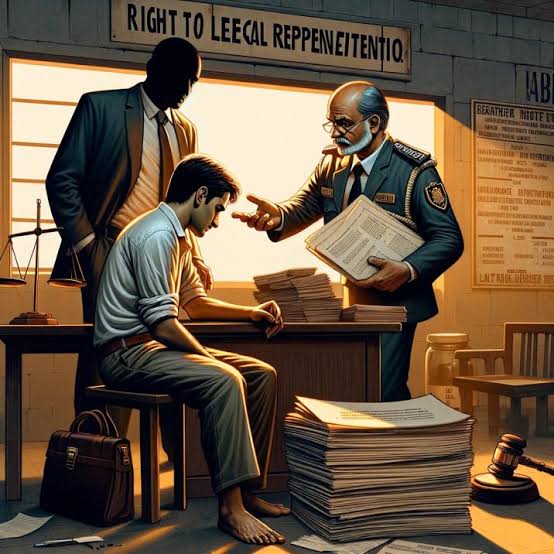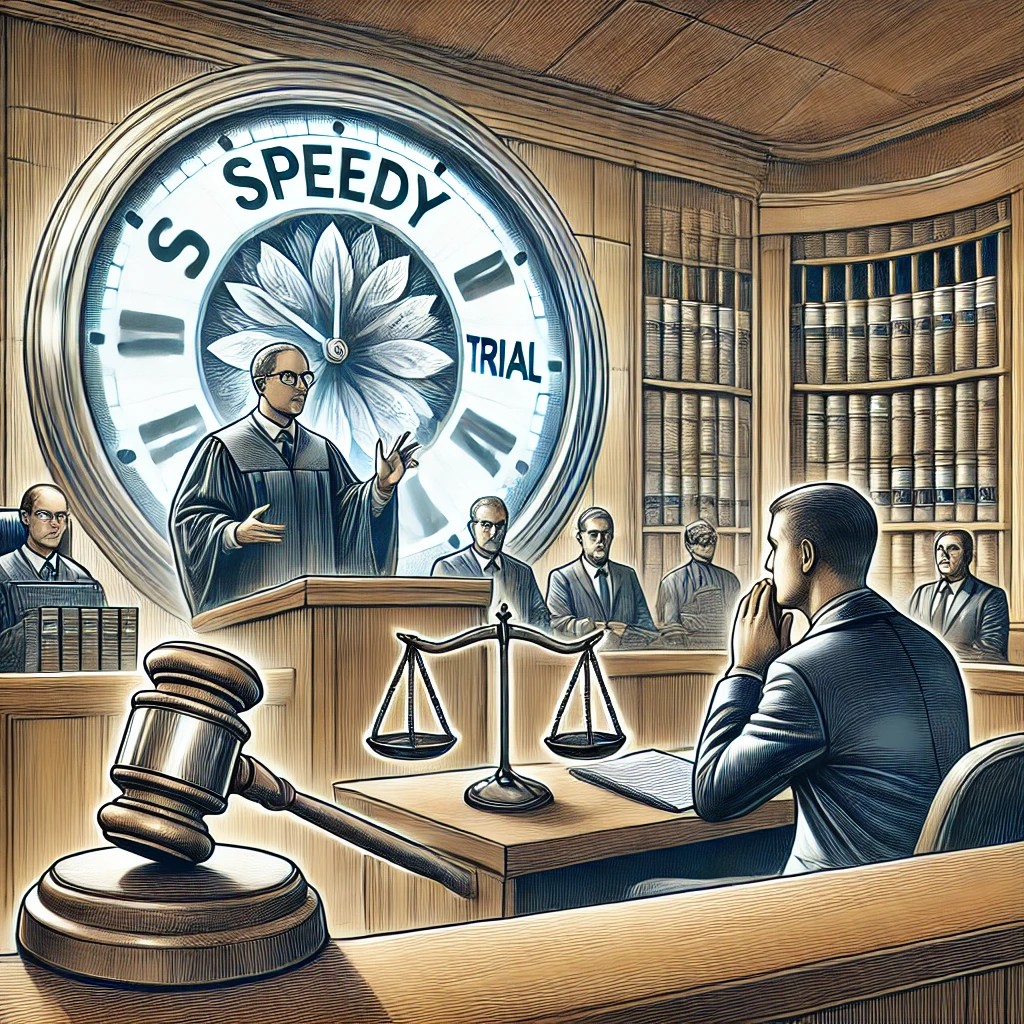An arrest can be a stressful experience, but understanding your rights can make a significant difference. But what are your rights during an arrest which are designed to protect you and ensure fair treatment under the law. Do you know what these rights are? Let’s break it down step by step.
Table of Contents
Can You Stay Silent During an Arrest?

Yes, you can! One of the most fundamental rights you have is the right to remain silent. This means you are not obligated to answer questions from the police, as anything you say can be used against you in court. It’s often best to wait until you have legal counsel before saying anything. Simply state, “I am exercising my right to remain silent.”
What About Legal Representation?

If you’re arrested, you have the right to an attorney. This ensures you get legal advice before answering questions or making decisions. If you can’t afford one, the government will provide a lawyer for you. Always request an attorney immediately to avoid any missteps during interrogation.
Should You Be Informed of the Charges?

Absolutely! You have the right to know why you are being arrested. The arresting officers must inform you of the charges against you. This allows you to understand the allegations and start preparing your defense.
Can You Expect Humane Treatment?

Yes, humane treatment is a right, not a privilege. Law enforcement officials are required to ensure your safety and well-being during and after an arrest. If excessive force or inhumane conditions are used, you can challenge this legally.
What About Making a Phone Call?

In many places, after being booked, you are allowed to make a phone call. This right ensures you can inform family or legal counsel about your situation. It’s a critical step in ensuring your safety and access to legal help.
Do You Have the Right to a Speedy Trial?

After your arrest, you have the right to a timely judicial proceeding. This means you should appear before a judge within a reasonable timeframe, typically 48 hours. This helps protect you from being detained unfairly.
Why Knowing Your Rights Matters
Knowing your rights during an arrest empowers you to handle the situation calmly and effectively. It prevents you from being intimidated or coerced into actions that could harm your legal standing. These rights are there to protect you—use them wisely.

An arrest doesn’t mean you’re powerless. By understanding your rights, you can take control of the situation and ensure you’re treated fairly. Remember, knowledge is your best defense. Stay informed, stay calm, and exercise your rights.
